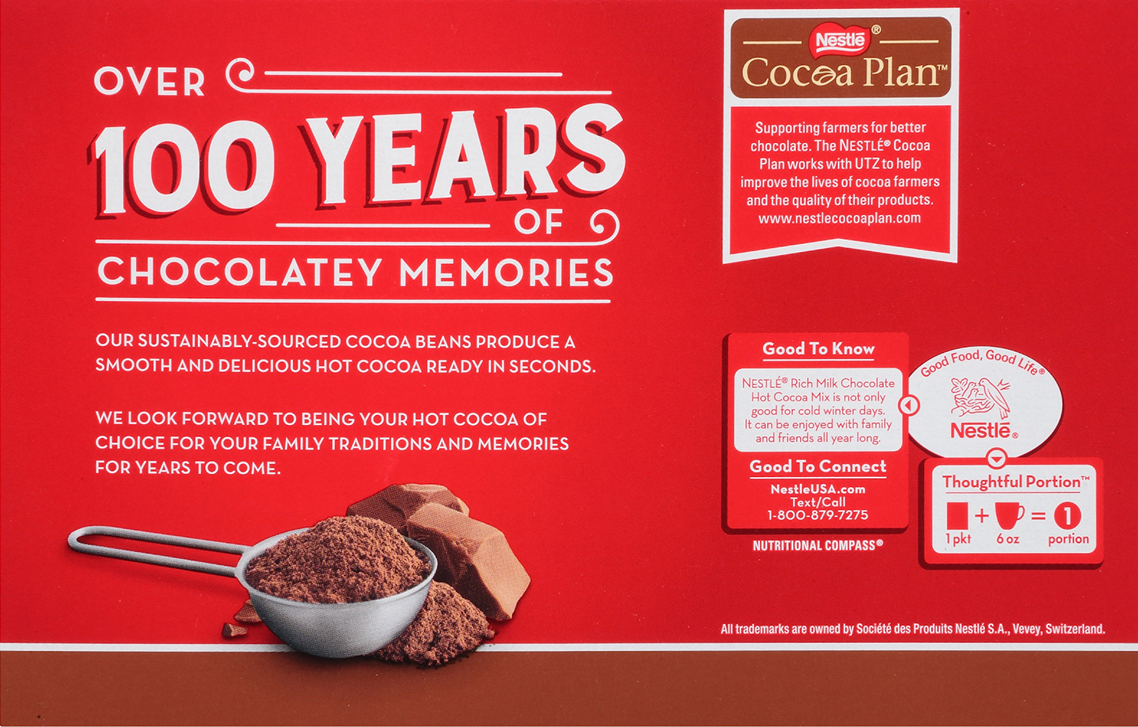
In the category concerning displays of artistic hypocrisy, the winner is society’s obsession with ‘sustainability’ muddled with our inability to elicit real action. Some know it as a new trend of minimalist values and a romanticization of how things used to be. Others recognize it for its regenerative practices and grocery store labels. How does one begin to define the terms and values attached to living sustainably? The most common definition comes from the Brundtland Report which states, “Sustainable development is development that meets the needs of the present without compromising the ability of future generations to meet their own needs.” By definition, the needs of a human life, both in the present and the future, are up for interpretation. Many different philosophers, scientists, and cultural experts have given academia their definitions for the term. However, marketing teams of large corporations too often get the first say. As a plastic manufacturer and grocery store staple name, Nestle should never have the chance to communicate their beliefs again due to their criminal interests and conscious greenwashing efforts.
Greenwashing, or the process of conveying a false impression or providing misleading information about how a company’s products are more environmentally sound, has serious consequences on almost all sectors of the market as well as the planet. In 2019, a class action lawsuit against Nestle argues against their labeling of ‘sustainably sourced’ cocoa that allegedly helped to assist farmers in developing regions. The plaintiffs argue that the beans actually come from farms with “virtually no environmental standards in place” that earns additional profits off of slave and child labor. Deception like this is much too common in the everyday consumer market and leads individuals to believe that they are personally contributing to saving the planet by endorsing a corporation with ethical values.
In fact, a report was released that 90% of all forests in the Ivory Coast and Ghana have been converted to grow cocoa making the rate of deforestation the highest in the world. Grown illegally in areas protected by big corporations, in an oligarchical market Nestle purchases from one of three producers reinforcing the greedy, environmentally-negligent system. Local workers in these areas are paid 80 cents a day, certainly not the traits of a company looking to “improve the lives of cocoa farmers”.
These acts of greenwashing with aims to change public perception about a product must be perceived as criminal. Not only do corporations rob the public of making an educated consumer choice, but the surrounding environment is completely disregarded. The consequences of these advertisements lie much farther than just securing profits but completely disrupt evolved ecosystems that had previously been rich and diverse. By ignoring these disruptions, corporations pass off the blame onto the consumer, making claims that recycling, reusing, and reducing by using our corporate dollar is the way to make change. Claims by companies such as Nestle are fuel in a fire that burns on the ideas of limitless growth. Limitless growth is purely unsustainable by its nature. If deception is a form of twisted art, Nestle may be one of the greatest artists to live within this century.







